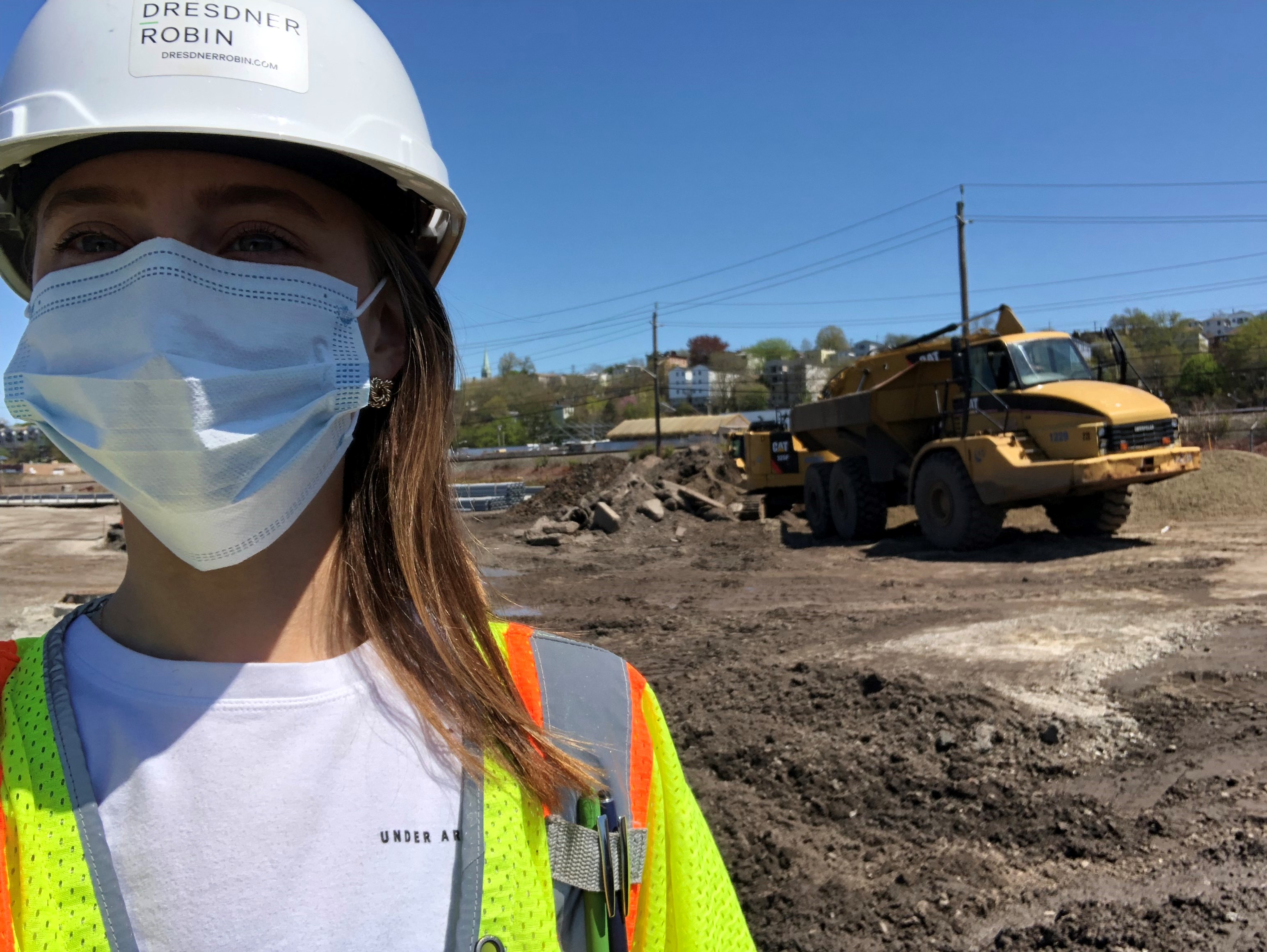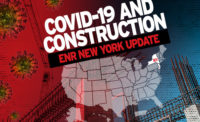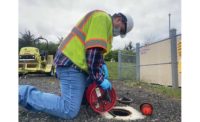Construction projects in New Jersey and major areas of New York state are reopening, with firms continuing to practice distancing and other measures to prevent spread of COVID-19, executives tell ENR.
New York Gov. Andrew Cuomo on May 15 said five state regions resumed work on nonessential construction sites—the North Country, Finger Lakes, Southern Tier, Mohawk Valley and Central New York—based on meeting all criteria that includes coronavirus case numbers, hospital capacity, testing and contact tracing.
But it's unclear when New York City and Long Island nonessential jobsites will open, since these areas have only reached some of the key benchmarks as of press time on May 15.
Cuomo has extended to June 13 his executive order shutting nonessential businesses in regions that don’t meet all reopening criteria.
Carlo Scissura, CEO of the New York Building Congress, said he was on an advisory board that's working with New York City Mayor Bill de Blasio on a “reopening strategy,” but did not immediately provide further details.
Transportation projects continued in New York state, considered essential construction. Scissura said these include the giant East Side Access project to bring Long Island Rail Road service to Grand Central Terminal in Manhattan, with “strict safety measures implemented on sites" to curb virus spread.
According to Scissura, construction was “ahead of the curve on safety measures such as temperature testing before going on a site.” He said the industry is poised to help the economy recover from COVID-19 impact because “implementation of these safety standards across the construction community could bring thousands of workers back to job sites safely.”
In New Jersey, Gov. Phil Murphy has decreed that all nonessential construction can reopen May 18, with protocols set for social distancing, face covering, and sanitation, among others.
Also on May 15, the state Senate voted unanimous approval for legislation already approved by the Assembly that would extend permit approvals at all government levels for projects halted by the pandemic, including those for water quality, land use, wetlands and related needs
The legislation would extend approvals given before March 9 for six months after the end of the pandemic emergency.
Business groups, including the NJ Builders Association, had backed the measure, but environmental groups opposed it and are lobbying Murphy to veto it, which is not expected.
Anthony Ianuale, chief operating officer and chief financial officer of Dresdner Robin, an engineering, surveying and architecture firm with four state-based offices, said "we are keeping up-to-date on potential reopening strategies involving risk-mitigation both to our employees and our company.”
He added: “A lot of what we are preparing for will be in our reasonable control, but much will be in the control of our landlords and how safely they operate the buildings we occupy. Right now it’s wait-and-see."
Dresdner Robin has continued to work on transportation projects deemed “essential” during the state shutdown that began April 10, including those for the New Jersey Dept. of Transportation and the New Jersey Turnpike Authority, such as routine site visits during construction on NJDOT's Pulaski Skyway rehabilitation project.
The firm also attended “virtual land use board hearings” during the pause of non-essential work, for other projects such as a mixed-use development in western Jersey City, Ianuale said.






Post a comment to this article
Report Abusive Comment